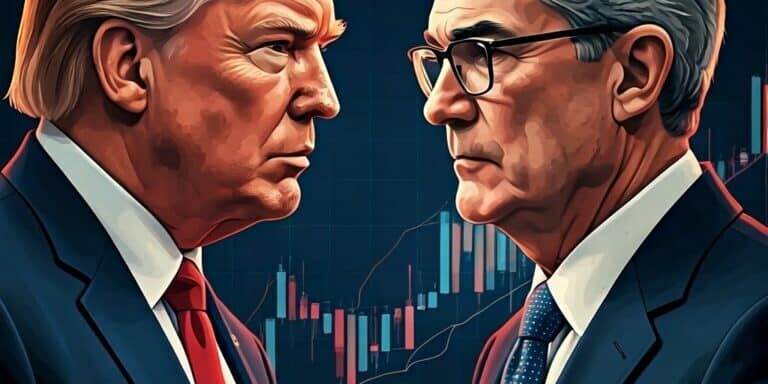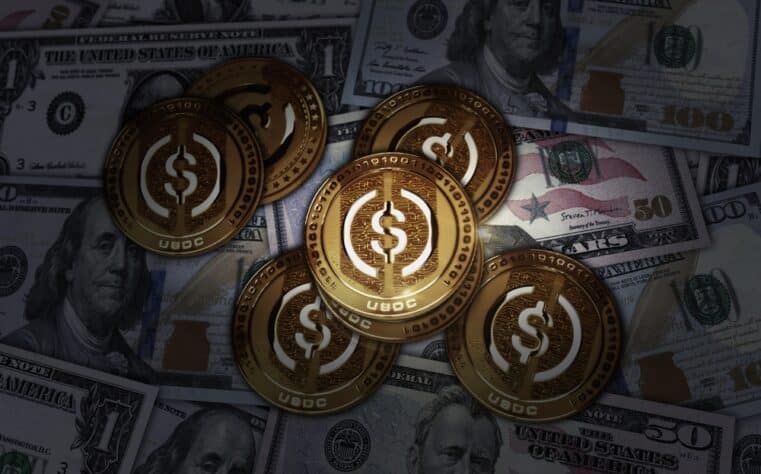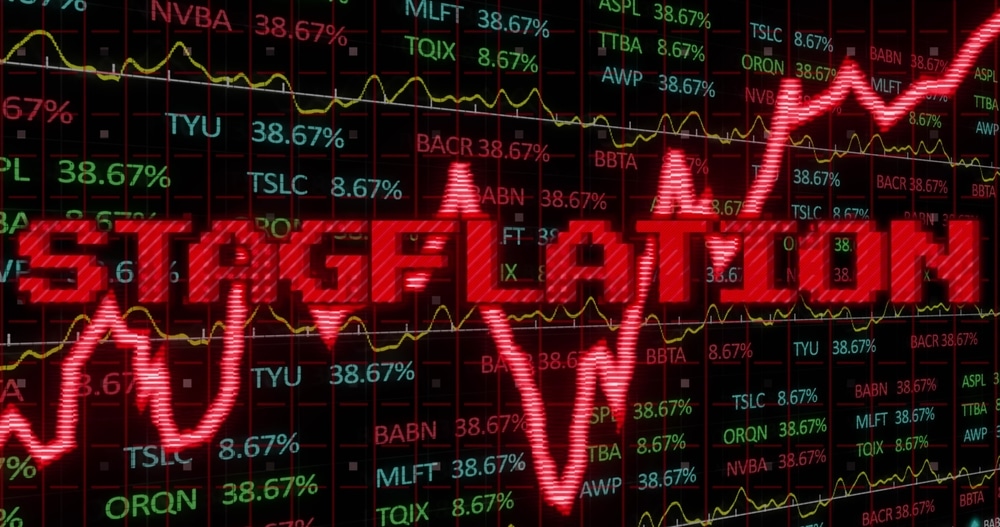
The White House Just Turned Up the Heat on Jerome Powell
The Situation
The Trump administration’s confrontation with Federal Reserve Chair Jerome Powell escalated sharply this week.
Just two weeks after President Trump sent Powell a handwritten demand to lower interest rates, Russell Vought, director of the Office of Management and Budget, publicly accused Powell of breaking oversight rules and misleading Congress about a roughly $2.5 billion renovation of the Fed’s headquarters.
“The President is extremely troubled by your management of the Federal Reserve System,” Vought wrote in a letter posted to social media.
For months, Trump has criticized Powell, often using the nickname “Too Late,” referring to Powell’s response to the 2022 inflation spike and reluctance to cut rates as inflation eased. Earlier this month, Trump suggested in a social media post that Powell should resign.
The Policy Backdrop
While other central banks, including the European Central Bank and Bank of Mexico, have trimmed their benchmark rates this year, the Fed has held steady.
Fed officials have indicated they prefer to wait and assess the effects of recent policy shifts—including tariffs—before making further moves.
Powell has largely refrained from responding to Trump’s personal criticisms, reiterating that the Fed’s focus remains on containing inflation and maintaining a healthy labor market.
Potential Paths to Removal
The administration’s scrutiny of the renovation project has fueled speculation that it may be laying the groundwork for a case to remove Powell “for cause.”
Ed Mills, a policy analyst at Raymond James, noted that Supreme Court precedent limits the president’s authority to fire a Fed chair without a clear justification.
“So they can either find a reason to fire him for cause,” Mills said, “or create enough of a negative environment that Powell says, ‘it’s no longer worth it, I’m out.’”
Even if Powell were to be replaced, such a move could have unintended effects. Markets often react poorly when they sense the Fed’s independence is compromised.
“If markets lose faith in the independence of the Fed, rates don’t go lower—they go higher,” Mills said.
Additional Criticism
Vought’s letter isn’t the only recent attack.
- Peter Navarro, Trump’s senior counselor for trade and manufacturing, called Powell “one of the worst Fed chairs in history” in an op-ed.
- Bill Pulte, head of the Federal Housing Finance Agency, urged Congress to launch an investigation.
Alan Blinder, a former Fed vice chair, described the strategy as a sustained effort to pressure Powell into stepping down.
“They are trying to pressure him in every way they can to resign,” Blinder said. “I don’t believe he will, and I don’t believe he should.”
A White House official told CNN that the OMB investigation is not part of a broader plan to force Powell out.
Renovation Dispute
The controversy over the Fed’s building renovation has become a flashpoint.
Costs have climbed to $2.5 billion from initial projections of $1.9 billion. The Fed has attributed the increase to rising raw materials prices, higher labor costs, and schedule delays.
During Senate testimony, Powell defended the project:
“There’s no VIP dining room, there’s no new marble… there are no special elevators, just old elevators that have been there.”
Vought accused Powell of providing misleading testimony and failing to comply with federal oversight, though the Federal Reserve operates under a separate budget and governance structure.
Tariffs and Rate Policy
Trump has repeatedly stated he wants a Fed chair who will move aggressively to lower rates.
Powell has indicated that tariffs and their potential inflationary impact have factored into the Fed’s decision to hold steady.
Asked whether the Fed might have cut rates already if not for significant policy changes—including tariffs—Powell replied, “I do think that’s right.”
Even so, most Fed officials expect they will reduce rates later this year, though possibly not at the pace the president prefers.
What Comes Next
Last month, Trump signaled he could announce his pick to succeed Powell—whose term ends in May 2026—“very soon.”
Even without removing Powell outright, nominating a successor who pledges steep cuts could reshape the market’s expectations.
“One obvious effect is it could raise inflationary expectations,” Blinder said. “Meaning the market will raise interest rates.”
Whether this strategy is about exerting control or simply venting frustration, the implications for monetary policy are real—and they’re not going away.
Take Action Before the Next Policy Shock Hits
Download “Seven Steps to Protect Yourself from Bank Failure” by Bill Brocius. Understanding where power intersects with your money has never been more critical.
Stay vigilant. Stay free.











